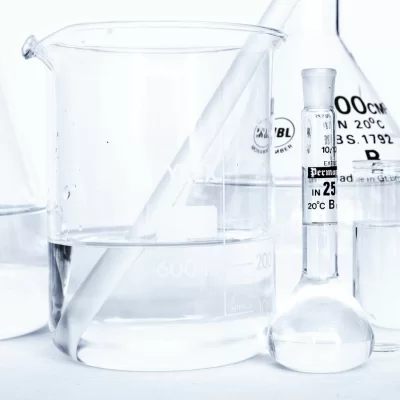What did Marie Skłodowska-Curie not know about?
People are curious beings. On one hand, they are very afraid of change. The unknown. And on the other hand, they crave novelty. How is it that some novelties gain approval, while others are mainly met with criticism? Should we be afraid of new technologies?
Let's look at our history and draw conclusions. For centuries, innovators were largely condemned by society. For example, Nicolaus Copernicus' discovery was met with a huge protest and misunderstanding. However, his evidence in support of his theory and the scientific work of subsequent scholars proved that today everyone knows how wrong Copernicus' critics were. On the other hand, we can consider the figure of Marie Curie, whose discovery of radium and polonium was met with such great approval that a multitude of products containing the new, "magical" ingredient quickly appeared in the market and made its way into the culture of people living at that time. However, this was often detrimental to them because the use of radium in creams, toothpaste, or pharmaceuticals had enormous consequences for people's lives and health.
The difference between the aforementioned discoveries was fundamental. Radium was something people did not yet know, but it fit into the prevailing knowledge at the time. On the other hand, the heliocentric theory disrupted the prevailing worldview. And that is always the cause of conflicts.
In the case of new discoveries or inventions, it is worth giving them a chance while being cautious. If society had not lynched the Polish astronomer but had carefully examined the evidence, his theory would probably have revolutionized science much sooner than it did. On the other hand, if a certain degree of restraint had been maintained, perhaps many people would not have suffered from radiation sickness due to the use of radium products. I am sure that if Curie had known about the dire consequences of using radium or had more time to study them, the outcome would have been different for many people.
How does this relate to the present day? This question probably crossed your mind after reading the previous paragraphs. And it does, very much so. The world is evolving. Technology in many scientific fields has skyrocketed in recent decades like Apollo 11. Yet the same mechanisms, as described above, are appearing today, and drawing lessons from our history will help us navigate current changes more easily. Let's take a look at aesthetic medicine, which has been experiencing a phase of tremendous growth in recent years. This is an interesting industry because we have both groups of people described earlier. First, we have skeptics for whom the concept of "aesthetic medicine" disrupts the worldview of naturalness. In such cases, it is worth considering whether people have not been performing various activities to improve their appearance since ancient times. Clothing, makeup, or even taking care of one's figure often have purely visual implications. It is also important to think about the health aspect of such procedures. Often, certain defects in our physique hinder our daily functioning. For example, sagging eyelids not only look aesthetically unpleasing but also often impede proper vision. Getting rid of this problem can help avoid many health consequences.
Don't be afraid of aesthetic medicine, as it can help you with many issues.
Now, let's look at the group of enthusiasts who are exposed to unpleasant consequences. What unpleasant consequences? Namely, there is a group of people benefiting from the advantages of aesthetic medicine, who, like fans of radium in Marie Curie's time, are exposed to the unpleasant consequences of their actions. How to avoid mistakes? First and foremost, remember to go to a qualified specialist for aesthetic medicine procedures who will help, not harm. The issue of the equipment used for procedures is incredibly important here. Medical devices must undergo many tests and trials before they are approved for production. It is essential to rely on the knowledge of scientists and choose treatments on machines that are properly tested and, therefore, safe.
Always check if the devices used for procedures are well-tested and original.
Therefore, it is worthwhile to draw on the experiences of our ancestors and, on the one hand, not fear technology, and on the other hand, use it wisely. I am confident that cooperation between humans and technology will bring only benefits.
